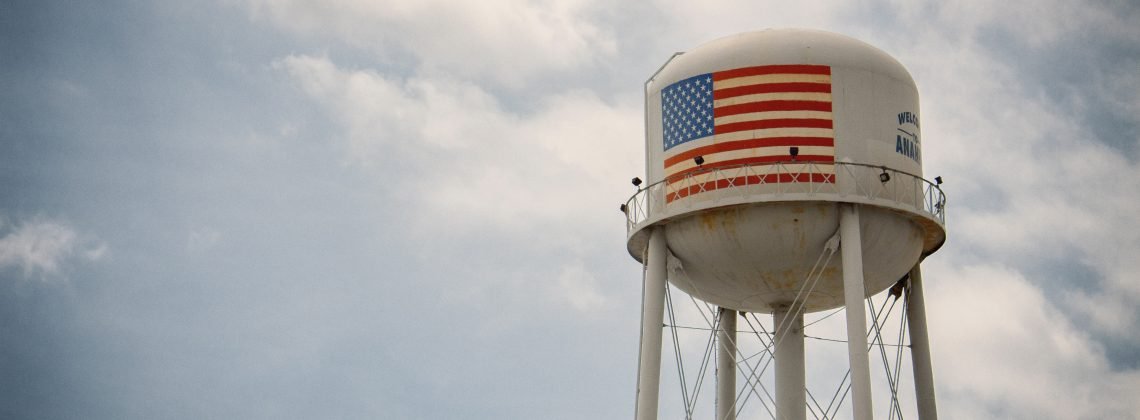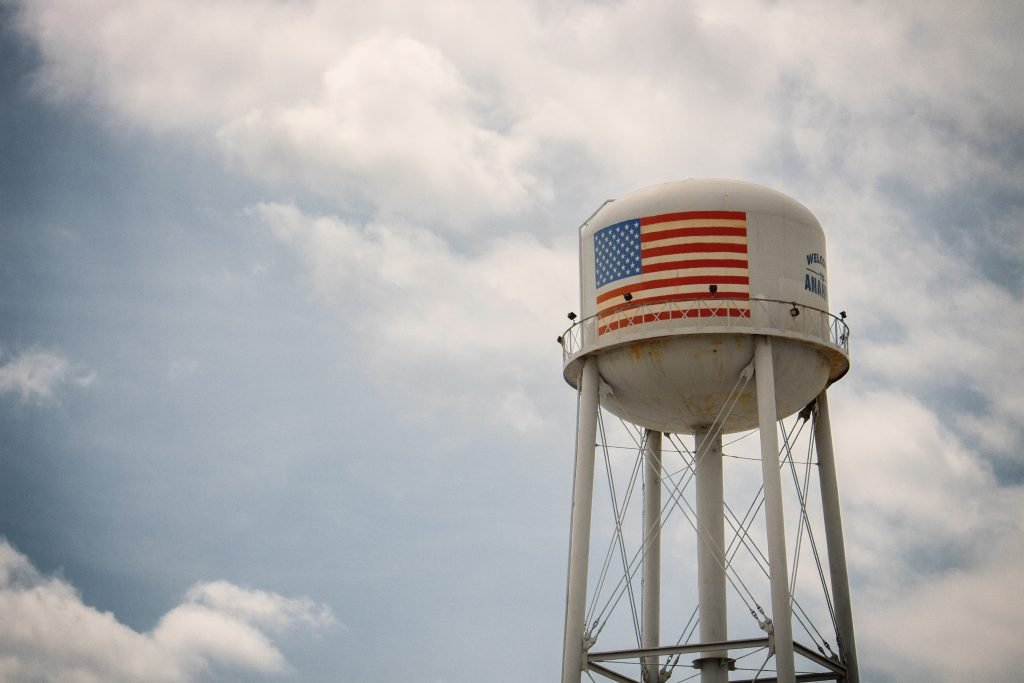

New polling suggests that when it comes to our present political moment, American evangelicals look, well, pretty American.
Eighty-one percent of white evangelical voters enabled one of the worst presidents in United States history. Whether they held their proverbial noses to vote for Trump or marched proudly into the voting booth, evangelicals are partially to blame for putting the man who for four years ran roughshod over our democracy in the White House.
In 2018 I tried to explain why so many born-again Christians flocked to this presidential candidate. As I traveled the country talking to people about my book Believe Me: The Evangelical Road to Donald Trump, I was reminded of the paradoxical nature of evangelical politics. Think about it. Most evangelicals voted for a narcissistic misogynist, a New York City real estate mogul who slept with porn stars, bragged about groping women, and disparaged people of color. At the same time, most evangelicals in everyday life follow the advice of public health officials, wear masks, believe in verifiable truth, show compassion to their neighbors, and condemn white supremacy.
In 2020 they voted for Trump again. Joe Biden roundly defeated him. And then Trump refused to concede the election, did not cooperate with the presidential transition, got impeached for the second time, and incited an insurrection on the U.S. Capitol. Too often evangelicals learn their lessons the hard way.
When I first published Believe Me, the esteemed evangelical historian Mark Noll told an audience that he thought the book was useful in our current political moment (he wrote an endorsement of it, after all), but that it would quickly become little more than a primary source for future historians trying to make sense of how anti-Trump evangelicals like me responded to America’s 45th presidential administration. In other words, my book was closer to what writers called a “period piece” than anything resembling a definitive and long-lasting scholarly treatment of evangelical Trumpism.
Noll was right. And although I stand by my argument in Believe Me, at times my prophetic instincts obscured my ability, or my willingness, to understand in full. I am now convinced that we will never fully grasp the choices evangelicals made in the last two election cycles until we can approach this subject with the nuanced and sober analysis that comes through chronological detachment.
I see some of my own errors resurfacing every time I read the latest book, editorial, or social media post on American evangelicalism. A simple Google News search will definitively reveal that Christians who claim the label “evangelical” are racist, patriarchal Christian nationalists who are conspiracy theorists to boot. And they oppose mask-wearing and social-distancing. I think the scholars, journalists, and pundits who write about evangelicals in this way know better, but nuance does not attract many readers or sell books. It is best to bury this kind of complexity in the footnotes. As political scientist Cathleen Kaveny writes in her masterful Prophecy Without Contempt: Religious Discourse in the Public Square, “those employing the language of prophetic indictment tend to view with suspicion those who claim that a more variegated assessment of the indicted behavior is necessary.”
Of course, many evangelicals are racist, patriarchal Christian nationalists. I criticized them in Believe Me and continue to criticize them at The Way of Improvement Leads Home blog. But perhaps we should not reduce our understanding of evangelicals in America to what happens in a presidential election. After all, a recent Morning Consult poll reminds us that evangelicals are not much different from most Americans, and often enough in the best of ways.
When it comes to taxes, jobs, unemployment, government spending, health care, Medicare, Social Security, women’s issues, education, and energy policy, evangelicals are just as concerned about these things as all registered voters in the United States.
A significant majority (63%) of evangelicals want to extend mask-wearing and social distancing in public spaces for another six months or longer (compared to 68% of all registered voters).
A majority think Dr. Anthony Fauci is doing an “excellent” or “good” job handling the COVID-19 pandemic.
51% of evangelicals support Joe Biden’s infrastructure plan even if it increases the national debt. So do 51% of all registered American voters. 62% of evangelicals agree with the president’s decision to end the war in Afghanistan. 68% of all registered voters in the United States do, too.
A significant percentage of evangelicals support bills addressing healthcare, climate change, the reduction of inequality, immigration reform, and restrictions on gun ownership. So do most Americans. And like most registered voters (26%), few evangelicals (21%) support a bill to add more justices to the Supreme Court.
Is it possible to build a political culture around these shared values?
While evangelicals certainly lean more conservative than most Americans on social issues and immigration, and are more likely to defend free-market solutions to economic problems, they do not differ drastically from non-evangelical voters. The evangelical extremists we read about in books and at websites, or who we see blathering on cable news and talk radio, represent a small minority.
In fact, right-leaning evangelicals appear to have more in common with those occupying a political space left of center than they do with the right-wing populists who currently control the Republican Party.
The Morning Consult poll suggests that most Americans—evangelicals and non-evangelicals—seem to hover close to the political center. This center is large and it includes folks on both the Left and the Right. And there is plenty of room to play.
This is encouraging news, especially for those of us who crave a democratic politics built on what unites us rather than what divides us.
John Fea is the Executive Editor of Current